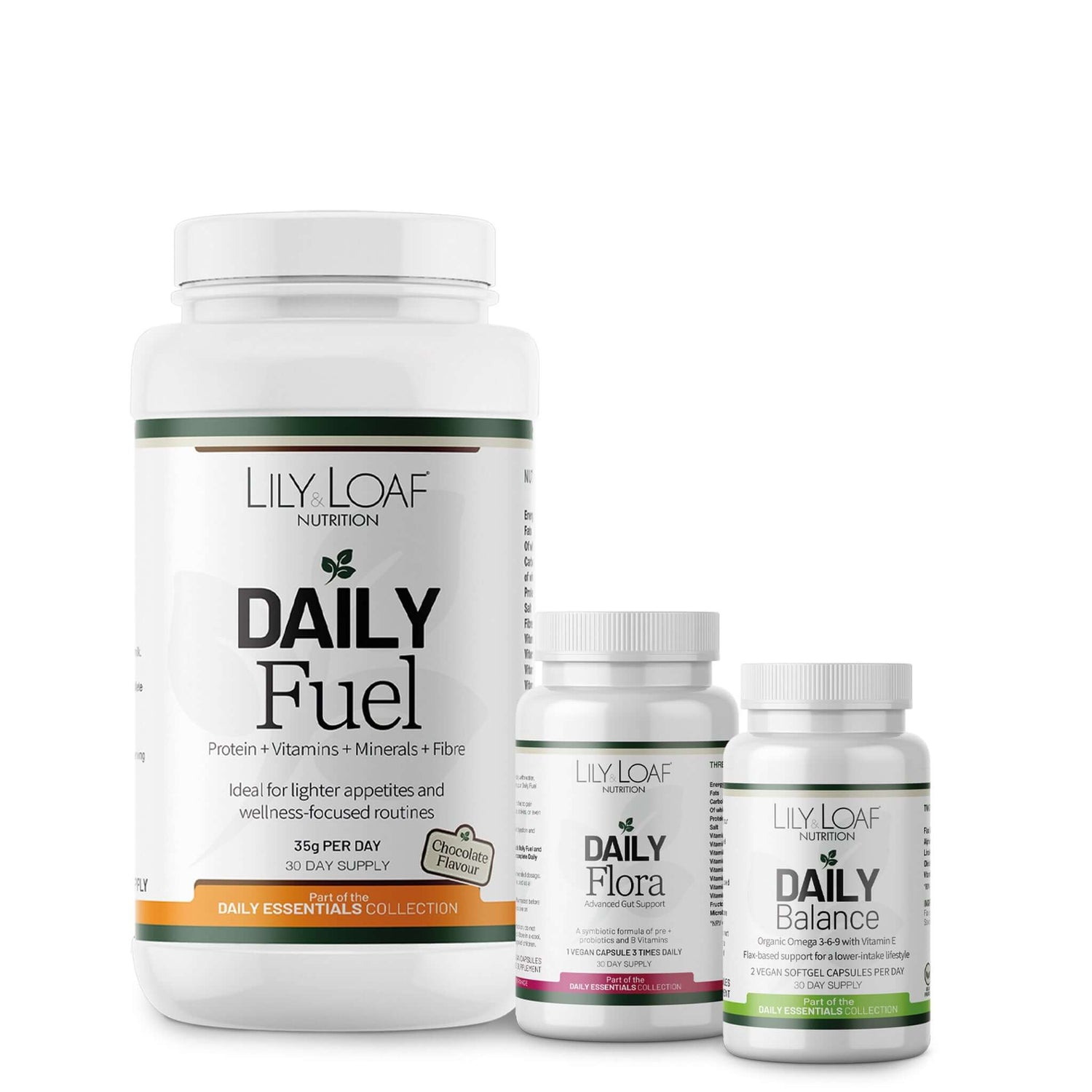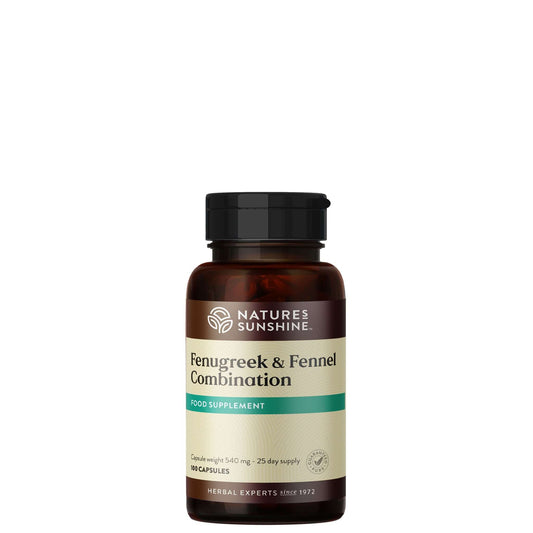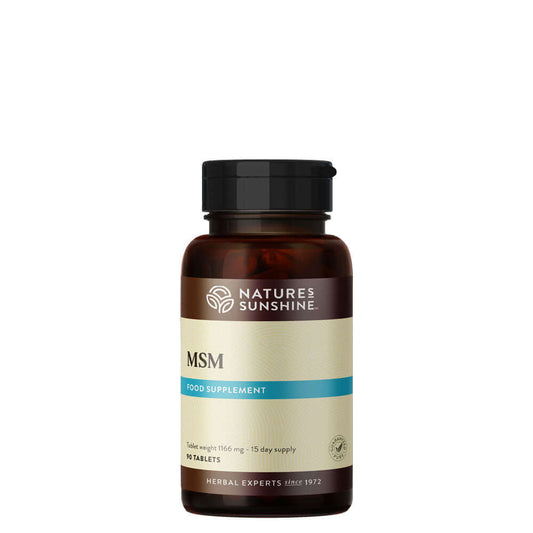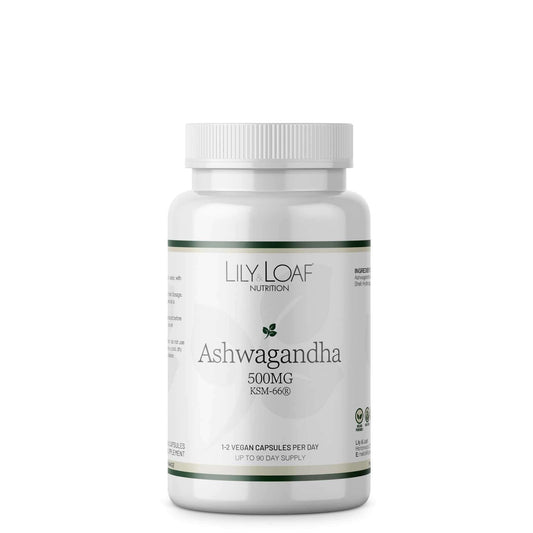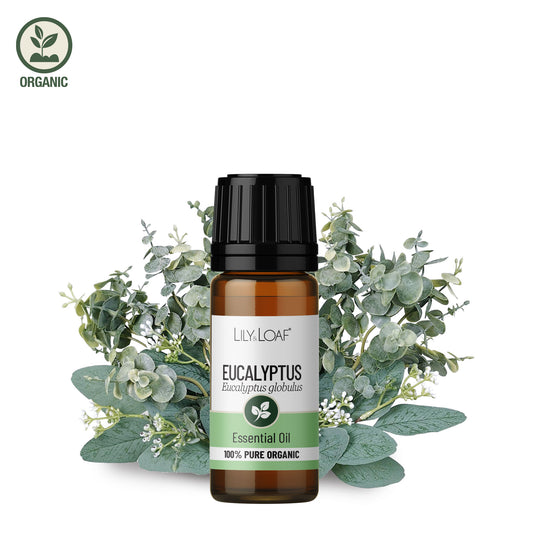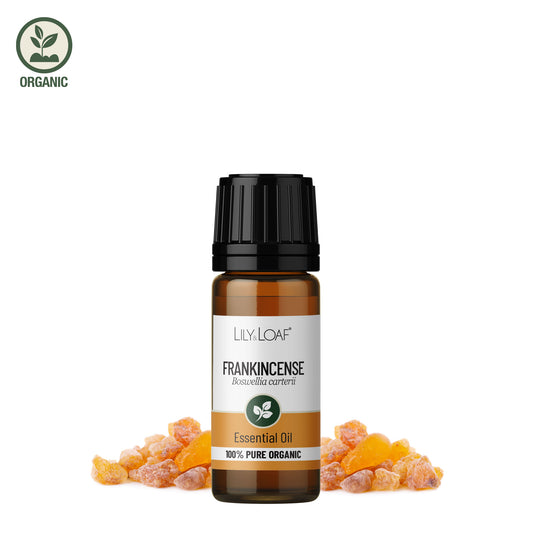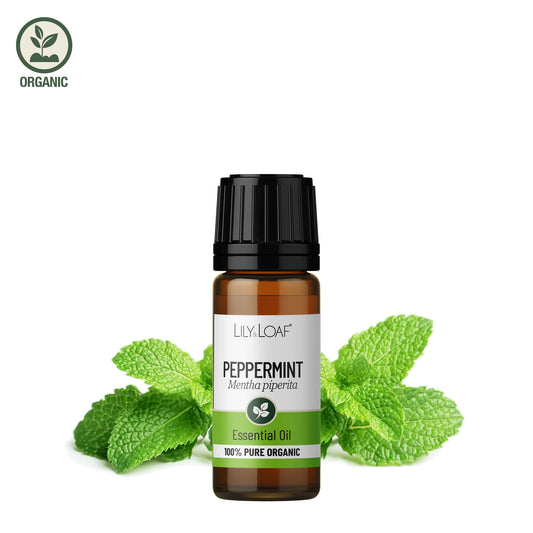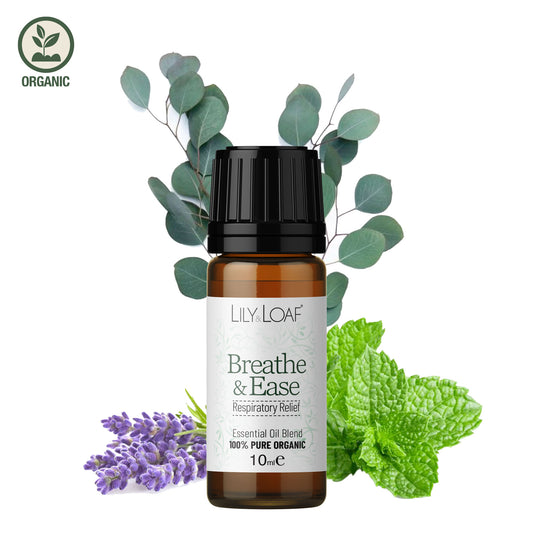Access Denied
IMPORTANT! If you’re a store owner, please make sure you have Customer accounts enabled in your Store Admin, as you have customer based locks set up with EasyLockdown app. Enable Customer Accounts

Sensitive Solutions: Support for Allergies
This collection is expertly developed to cater to people with sensitivities. Prioritising natural ingredients and rigorous testing, each product provides relief and support without compromising on quality. From hay fever solutions to essential oils for symptom management, you can confidently recommend safe and effective options for clients with allergies.
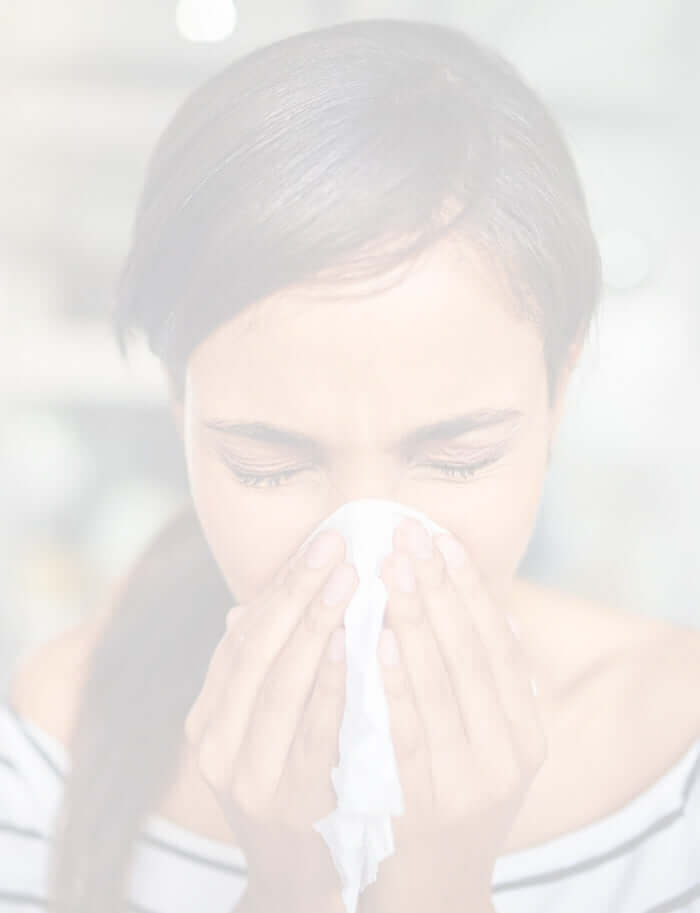
Sensitive Solutions: Support for Allergies
This collection is expertly developed to cater to people with sensitivities. Prioritising natural ingredients and rigorous testing, each product provides relief and support without compromising on quality. From hay fever solutions to essential oils for symptom management, you can confidently recommend safe and effective options for clients with allergies.
-
Vitamin C 1000mg - Timed Release
Vendor:Nature's SunshineRegular price €13,93 EURRegular priceUnit price / per -
Vitamin C with Citrus Bioflavonoids
Vendor:Nature's SunshineRegular price €16,55 EURRegular priceUnit price / per -
Fenugreek & Fennel Combination
Vendor:Nature's SunshineRegular price €13,06 EURRegular priceUnit price / per -
Ashwagandha (KSM-66®)
Vendor:Lily & LoafRegular price €12,53 EURRegular priceUnit price / per -
Fenugreek & Thyme
Vendor:Nature's SunshineRegular price €13,06 EURRegular priceUnit price / per -
Eucalyptus Organic Essential Oil
Vendor:Lily & LoafRegular price From €6,01 EURRegular priceUnit price / per -
Frankincense Organic Essential Oil
Vendor:Lily & LoafRegular price From €12,69 EURRegular priceUnit price / per -
Peppermint Organic Essential Oil
Vendor:Lily & LoafRegular price From €6,34 EURRegular priceUnit price / per -
Breathe & Ease Aromatherapy Blend
Vendor:Lily & LoafRegular price €10,99 EURRegular priceUnit price / per
Collection: Allergies
Invalid password
Enter
